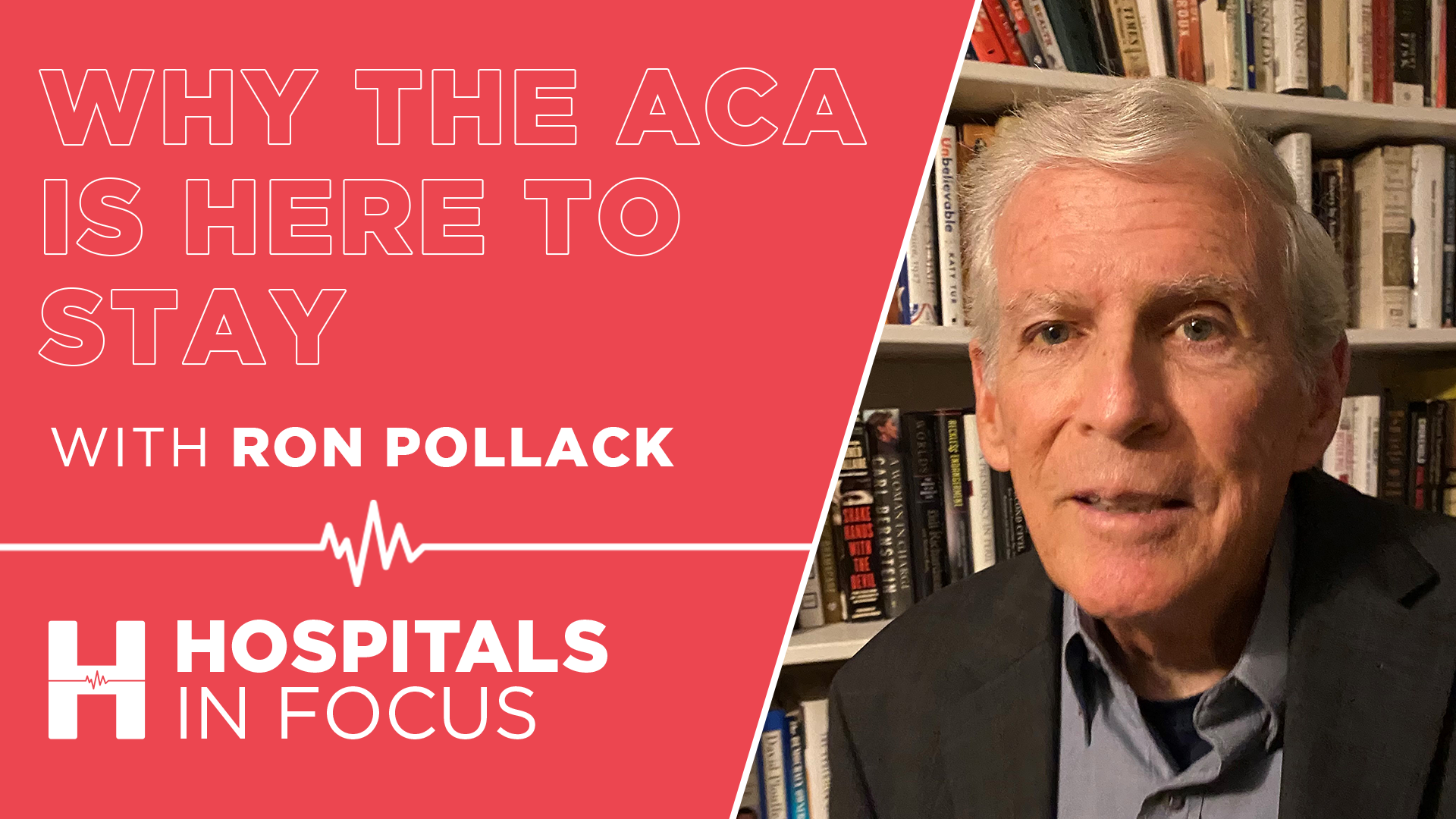Medicaid Expansion
The Affordable Care Act (ACA) provides the opportunity to expand access to Medicaid coverage to almost all non-elderly adults up to 138% of the Federal Poverty Level. The federal government will fund 100% of the costs of these newly eligible individuals through FY2016, after which federal funding will phase down to 90% in FY2020 and thereafter. In addition to expanding eligibility, the ACA also requires states to streamline eligibility and enrollment systems, allow hospitals to more promptly determine Medicaid eligibility for individuals, as well as initiate other reforms.
The Supreme Court, in June 2012, upheld the constitutionality of ACA’s individual mandate to purchase health insurance, but that same decision, as a practical matter, makes Medicaid expansion optional for states; as a result, 12 states have not expanded their Medicaid programs. As of March 2021, 39 states and the District of Columbia have adopted the Medicaid expansion. Oklahoma and Missouri ballot initiatives expanding Medicaid were passed in 2020 with coverage to begin in mid-2021.
Many states have worked with the federal government to develop state-specific expansion solutions that, for example, purchase private coverage for Medicaid enrollees on the Exchanges and/or provide incentives for healthy behaviors. And while this resolution offers coverage for many, it leaves myriad Americans without insurance. Unfortunately, millions of low-income individuals residing in states that have yet to expand currently fall into a “coverage gap,” and thus have no access to health care coverage.
The American Rescue Plan Act (ARP), passed in March 2021 to respond to the COVID-19 pandemic, provides a major incentive for holdout states to expand Medicaid, offering them a 5% increase on their base FMAP rate for two years if they expand coverage.
FAH strongly supports Medicaid expansion for all states, to provide coverage to eligible Americans, and the ARP is a critical first step to incentive for expansion. It is critical that policymakers and other stakeholders work closely in the states that have yet to expand, to encourage them to expand Medicaid so that their residents will have access to affordable health care coverage.
The effectiveness of Medicaid coverage and access is also impacted by the implementation policies of the Centers for Medicare and Medicaid Services (CMS) and state Medicaid agencies. Guidance instructions and approval of state plan amendments and waivers can have significant impacts on Medicaid coverage. In January of 2018, CMS provided more flexibility to states to restrict access and issued guidance for Section 1115 waiver proposals that imposed work and reporting requirements (referred to as community engagement) as a condition of Medicaid eligibility.
As of October 2020, eight states have approved waivers with work requirements, seven have such waiver requests pending and four other states (AR, KY, MI and NH) have had work requirement waivers set aside by the courts. To date, Arkansas is the only state to have implemented a waiver that conditioned Medicaid eligibility on meeting a work and reporting requirement, which resulted in over 18,000 people losing coverage from its implementation in summer 2018 by the end of that year before the waiver approval was set aside by the court.
FAH strongly supports Medicaid expansion for all states and policies that make remove barriers to accessing Medicaid coverage. The FAH urges discontinuation of current eligibility and waiver policies that are intended to limit Medicaid — rather than sustain or increase coverage to low-income citizens. Policies that create barriers to coverage have the result of leaving citizens uninsured and financially vulnerable, while increasing the burden of uncompensated care for providers. The impact is particularly devastating during periods of high unemployment such as during the COVID-19 pandemic. Instead, FAH encourages greater use of policies that boost enrollment or keep people on Medicaid, especially for individuals without other coverage options, including:
- Rescinding Waiver Guidance: We encourage elimination of waiver guidance inviting states to implement work requirements and impose budget caps on state Medicaid spending, as well as withdrawal of such existing waivers. Medicaid research and demonstration waivers should be focused on legitimate experiments intended to furnish medical assistance to individuals whose income and resources are insufficient to meet the costs of necessary medical services consistent with the program’s statutory objectives, not to eliminate or cut Medicaid coverage, benefits, or eligibility.
- Retroactive Eligibility: At least seven states have moved to limit, or eliminate altogether, Medicaid retroactive eligibility under section 1115 research and demonstration waivers (although some of those policies have been stayed as part of litigation challenging the legality of waivers that include work requirements). We encourage CMS to reverse the approval of these waiver provisions.
- Auto-Enrollment: States should automatically enroll individuals into Medicaid based on their participation in other programs or by computer matching. These policies could help reach uninsured individuals who may not realize they are Medicaid eligible. Financial incentives could be provided for states to establish auto-enrollment matching systems.
- Continuous Eligibility for Adults: Continuous eligibility makes Medicaid coverage more reliable for beneficiaries over the course of a year. It prevents fluctuations in monthly income from churning individuals on and off program rolls during a year and reduces the burden on enrollees to re-enroll during the year. States already have the option to provide 12 months of continuous coverage for children and the ARP expanded this option to extend health coverage for women enrolled in Medicaid or CHIP for up to 12 months after the birth of a child (for 5 years). This should be extended for all enrollees.
Related Resources
 The Survival of the Affordable Care Act
The Survival of the Affordable Care Act 